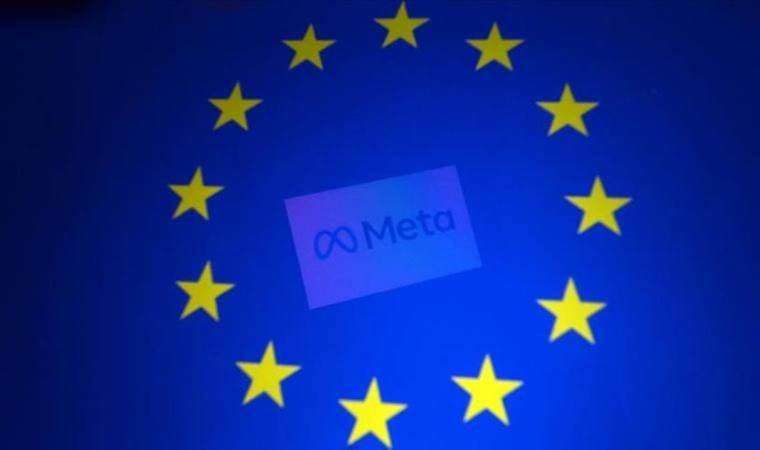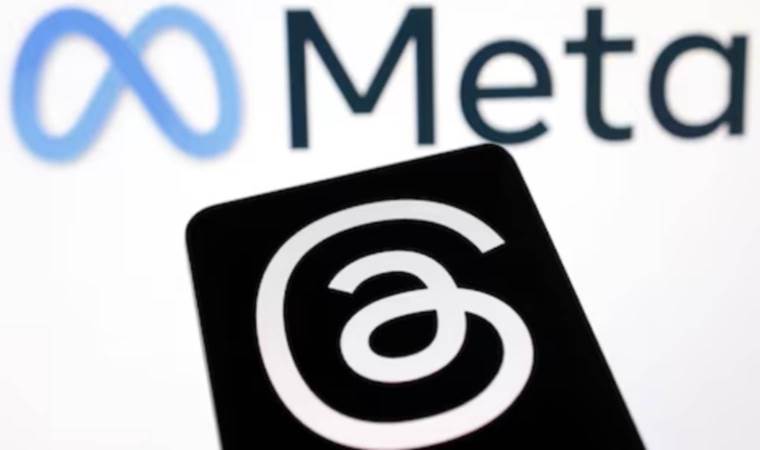Meta’s 'pay-or-consent' ad model fails to comply with EU competition rules: European Commission
‘Pay or consent’ does not fit bloc's digital marketing act

Meta's “pay or consent” advertising model aimed at Facebook and Instagram users in Europe fails to comply with the Digital Markets Act (DMA), the European Commission said Monday in a preliminary finding.
EU regulators want equivalent services for users who do not want to pay for an ad-free experience or consent to the company collecting their personal data.
Online platforms often collect personal data through their own services and those of third parties to provide online advertising services, the commission said.
It said this gives them potential advantages over their competitors and thus creates gaps between other online social networking services.
Under the DMA, gatekeepers must obtain users' consent for the collection of personal information and, if a user refuses this consent, they must have access to a less personalized but equivalent alternative.
In particular, Meta's model does not allow users to opt for a service that makes less use of their personal data but is equivalent to a service based on "personalized advertising,” the commission asserted.
It also said that in order to ensure compliance with the DMA, users who do not consent should be able to access an equivalent service that makes less use of their personal data, in this case for the personalization of ads.
If the preliminary views are finally confirmed, the commission may decide to impose a fine of up to 10% of Meta's total worldwide turnover.
Most Read News
-
 China integrates AI into undergraduate studies
China integrates AI into undergraduate studies
-
 South Korea, US to hold trade talks this week
South Korea, US to hold trade talks this week
-
 Germany cuts economic growth forecast to stagnation for
Germany cuts economic growth forecast to stagnation for
-
 6.3 magnitude earthquake strikes off Indonesia’s Talaud
6.3 magnitude earthquake strikes off Indonesia’s Talaud
-
 Kremlin says Putin open to talks on civilian strikes mor
Kremlin says Putin open to talks on civilian strikes mor
-
 South Korean military holds live-fire drills near inter-
South Korean military holds live-fire drills near inter-
-
 Wife of former US Senator Menendez found guilty in bribe
Wife of former US Senator Menendez found guilty in bribe
-
 Harvard University sues Trump administration over fundin
Harvard University sues Trump administration over fundin
-
 Zelenskyy demands Russian clarity over strikes on civili
Zelenskyy demands Russian clarity over strikes on civili
-
 Pope Francis' funeral to take place on April 26, Vatican
Pope Francis' funeral to take place on April 26, Vatican













